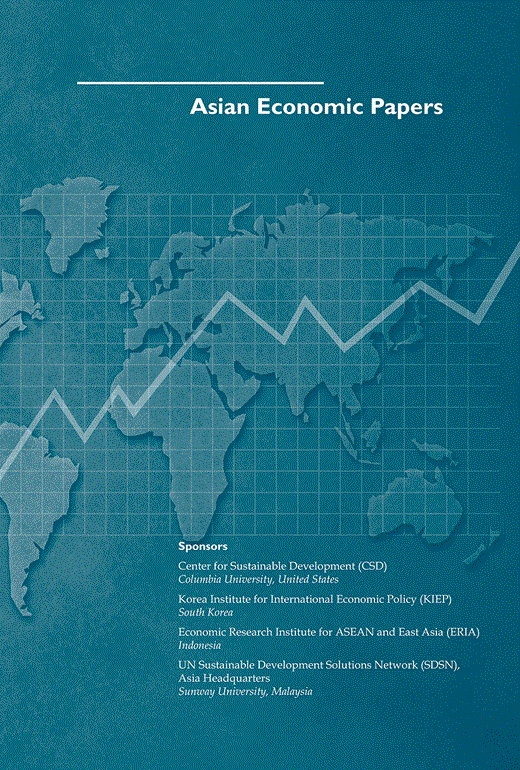可观察性对亚洲人道德价值观和亲社会行为的影响:一项实验研究*
IF 5.3
3区 经济学
Q1 ECONOMICS
引用次数: 0
摘要
摘要少数民族社区经常利用自愿捐款来支持他们的独特需求,对捐赠者给予突出认可是一种广泛使用的策略,尽管匿名捐赠者并不罕见。西方的研究表明,后果主义者(那些关注结果的整体利益,包括对自己的利益)重视通过参与亲社会行为获得的认可。道义论者,或那些坚持强调正确行为的价值观的人,即使没有得到认可,也会从事亲社会的行为。后者重视东方思想中所信奉的平行原则。最大限度地扩大两个群体的捐款的最佳策略是什么?运用实验经济学的方法,我们考察了可观察性对亲社会性的影响,以及道德判断和可观察器对公益游戏参与者合作行为的影响。这一发现表明,与那些匿名的参与者相比,那些觉得自己被观察到的参与者对公共池的贡献要高得多,无论他们宣称的价值观如何。这验证了亚洲移民社区使用的承诺认可捐赠者的策略,因为它激励了那些重视认可的人捐款,并促使那些在没有认可的情况下捐款的人比其他情况下捐款更多。本文章由计算机程序翻译,如有差异,请以英文原文为准。
The Effect of Observability on Professed Moral Values and Pro-social Behavior in an Asian Context: An Experimental Study*
Abstract Minority communities frequently draw upon voluntary donations to support their unique needs and giving prominent recognition to donors is a widely used strategy, although anonymous donors are not uncommon. Studies in the West suggest that consequentialists (those concerned with the overall benefit from the outcomes, including to themselves) value the recognition gained by engaging in pro-social behavior. Deontologists, or those holding to values that stress right conduct, would engage in pro-social behavior even without recognition. The latter values parallel principles espoused in Eastern thought. What would be the optimal strategy to maximize donations from both groups? Using the methods of experimental economics, we examined the effect of observability on pro-sociality, and the interaction of moral judgment and observability on the cooperative behavior of participants in a Public Good game. The finding shows that participants who felt they were being observed made significantly higher contributions to the public pool as compared to those who felt anonymous, regardless of the values they professed. This validates the strategy of promising recognition to donors used by Asian immigrant communities because it motivates those who value recognition to donate, and prods those who give without recognition to donate more than they otherwise would.
求助全文
通过发布文献求助,成功后即可免费获取论文全文。
去求助
来源期刊

Asian Economic Papers
ECONOMICS-
CiteScore
7.50
自引率
0.00%
发文量
16
期刊介绍:
The journal Asian Economic Papers (AEP) is supported by several prominent institutions, including the Center for Sustainable Development at Columbia University in the United States. This shows that there is a strong emphasis on sustainable development within the journal's scope. Additionally, the Korea Institute for International Economic Policy in South Korea, the UN Sustainable Development Solutions Network (SDSN) in Malaysia, and the Economic Research Institute for ASEAN and East Asia in Indonesia also sponsor AEP. The articles published in AEP focus on conducting thorough and rigorous analyses of significant economic issues pertaining to specific Asian economies or the broader Asian region. The aim is to gain a deeper understanding of these issues and provide innovative solutions. By offering creative solutions to economic challenges, AEP contributes to the discourse and policymaking that impact the Asian economies and region as a whole.
 求助内容:
求助内容: 应助结果提醒方式:
应助结果提醒方式:


